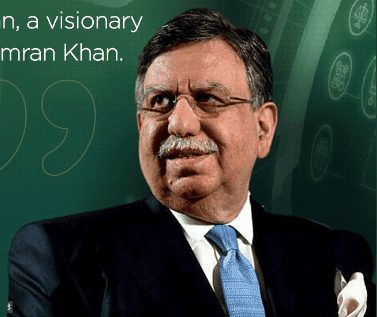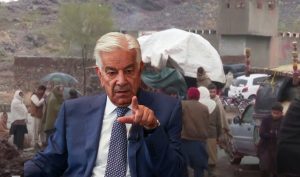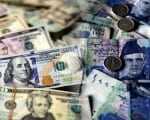ISLAMABAD – The International Money Fund (IMF) has asked the Pakistani government to explain how it would fund a $1.5 billion subsidy package announced by Prime Minister Imran Khan, country’s finance minister said on Sunday.
The move comes weeks after Prime Minister Khan cut the fuel prices despite a rise in prices in the international market to give people a little relief in times of increasing inflation in the South Asian country.
“There are no issues. We have given them details as to where the funds would come from,” Finance Minister Shaukat Tarin said. The IMF wants details of the resources to fund the subsidy in fuel and electricity, which Pakistan has frozen for the next four months until the new budget is announced, he said.
As the IMF has begun the seventh review of the $6 billion rescue package agreed with Pakistan in 2019, Tarin said he would have a final meeting with the lender on Tuesday.
The IMF asked it will need to see the agreements of the dividends of State Owned Enterprises (SOEs) as well as details of the spare funds the central government will get from provinces.
“We have done our homework,” Tarin said.
Some of the subsidy money would also come from above-target revenues Pakistan was getting this fiscal year, he had said previously.
Tarin said earlier this month that revenue would hit Rs6.1 trillion Pakistani ($34.2 billion), compared to a target of Rs5.8 trillion.
The embattled prime minister, who is facing a no-confidence move as opposition parties are trying to oust him from office, had announced a cut in petrol and electricity prices despite a steep rise in the global oil market.
The South Asian country had to undertake fiscal tightening measures to pass its last IMF review, which was delayed by months as the government struggled to complete prior action required by the lender to release $1 billion in February.














